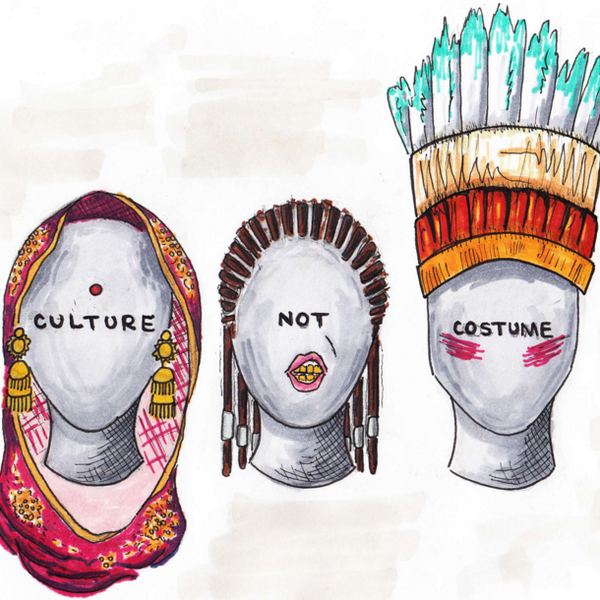As an intersectional feminist, it is hard to reconcile my need for validation and acceptance from men. Until this point in my life, my feminism was strictly defined in the sense that it discouraged male validation in any way. I wanted to empower black women (and women of color in general) to validate themselves, to become their own soul mates. I still think this is a noble goal, however...
I was a bit misguided.
My reluctance to admit and acknowledge the fragility of black women is the result of my own lived experience. Years ago, I perceived myself as needy and wanting for something I felt I could not give myself. It was cringe-inducing. To spite these inclinations, I became an intersectional feminist. My feminism made me stronger, less weak and more vocal about what I needed. It was freeing – I had unleashed my voice and I could not stay silent any longer.
But behind the scenes, I was still neglecting my need for emotional security.
Perhaps this is not something to avoid but to accept? To accept my femininity and want for male validation is humbling. It is something I can live without but yet, something I prefer. I questioned myself often: why is my need for feminism and approval considered mutually exclusive? I no longer wanted to play into this narrative, the idea that black women were exceptional in this regard. Soon I realized this story has existed long before me, before I even knew what feminism was.
The messages I received as a younger woman were clear: black women were undeserving of protection, of adoration, of male validation. This was doubly true for darker skinned black women. We were expected to be unflagging in our devotion but a certain level of reciprocity was rarely given. Dark skinned women were your friends, your cousins and your coworkers – not the object of desire or the “love interest.” White women may never understand this, as their femininity is accepted without question. In any given context, white women are damsels in distress and a beauty ideal to strive towards. As such it is much easier for them to toss away the idea of male acceptance – they were never routinely stripped of their right to be feminine.
It is hard to articulate the need to be seen as “womanly” and deserving.
I think it beats against my every inclination, partially because even I have been sold on “superhuman blackness.” That ability of black women to shield and nurture, throwing their bodies to the dogs as living sacrifices. We are self-destroying above all else, our bodies are not sacred, not even to us. They are instruments of policy, weaponized and sexualized, consumed and destroyed by outsiders more powerful than ourselves. In my context, my body was a means to an end. An object of function, nothing reverential or striking. I am slowly unlearning this tendency to see myself as sexless and servile. I hope to continue studying Her on this journey.
Part of this process of becoming is accepting black women have been routinely denied this experience.
It shapes their very lives, down to their choice of partner. The study of the self in all its parts and even the men who partake of it should never be underestimated. I want black women to be celebrated – worshiped even. I want black women to be loved wholly by ourselves and others. I reject the idea that black women can advocate for themselves and ignore our fragility, our rightful need to be cherished by our own men. Our divinely dark skin is the tapestry that God himself wove, each line is a sign of his handiwork. Male acceptance or not, learn to read between its lines.



















